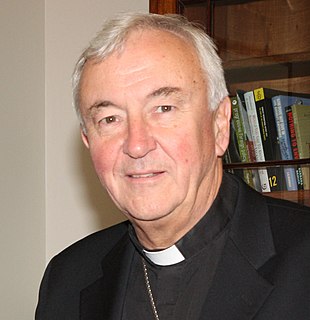A Quote by Johann Wolfgang von Goethe
We can stand only a certain amount of unhappiness; anything beyond that annihilates us or passes us by, leaving us apathethetic.
Related Quotes
To hold happiness is to hold the understanding that the world passes away from us, that the petals fall and the beloved dies. No amount of mockery, no amount of fashionable scowling will keep any of us from knowing and savoring the pleasure of the sun on our faces or save us from the adult understanding that it cannot last forever.
The practice of patience guards us against losing our presence of mind. It enables us to remain undisturbed, even when the situation is really difficult. It gives us a certain amount of inner peace, which allows us some self-control, so that we can choose to respond to situations in an appropriate and compassionate manner, rather than being driven by our disturbing emotions.
Let us not demand of ourselves that we alone must be the agent of change. In a fire brigade everyone passes along a bucket, but only the last person puts out the fire. None of us know where we stand in line. We may be here simply to pass a bucket; we may be called on to play a major role. In either case, all we can do is think, act, and say. Let us direct our thoughts, words, and actions to peace. That is all we can do. Let the results be what they will be.
And sometimes, when the stars are kind, we read with an intake of breath, with a shudder, as if someone or something had 'walked over our grave,' as if a memory had suddenly been rescued from a place deep within us - the recognition of something we never knew was there, or of something we vaguely felt as a flicker or a shadow, whose ghostly form rises and passes back into us before we can see what it is, leaving us older and wiser.
This little separate self must die. Then we shall find that we are in the Real, and that Real is God, and He is our own true nature, and He is always in us and with us. Let us live in Him and stand in Him. It is the only joyful state of existence. Life on the plane of the Spirit is the only life, and let us all try to attain to this realization.
We do not accept a religion because it offers us certain rewards. The only thing that a religion can offer us is to be just what it, in itself, is: a greater meaning in ourselves, in our lives, and in our grasp of the nature of things...a religion exists for us only if, like a piece of poetry, it carries us away. It is not in any sense a 'hypothesis.




































